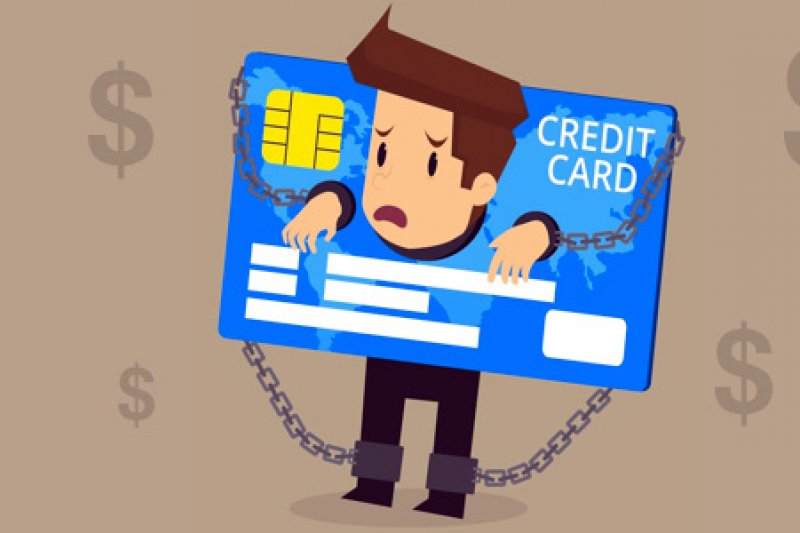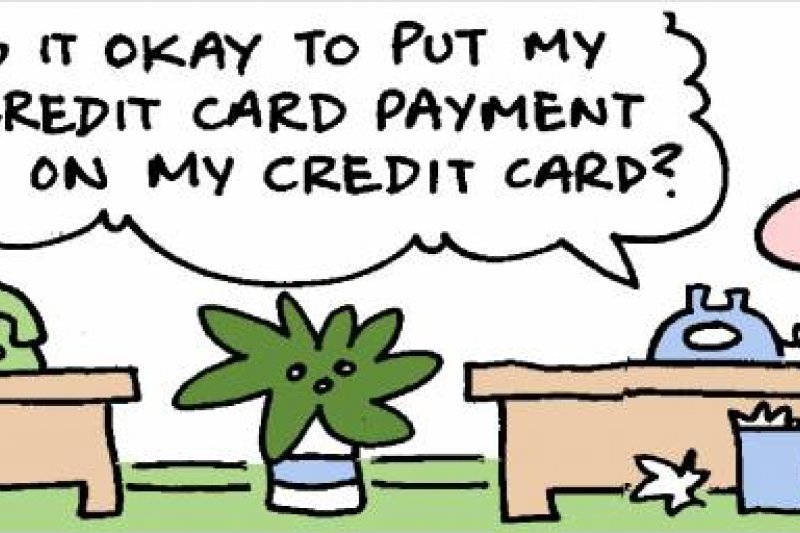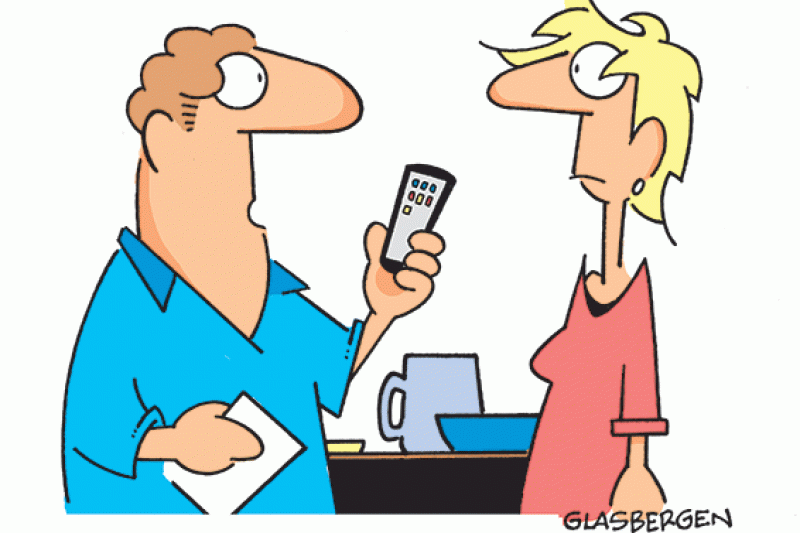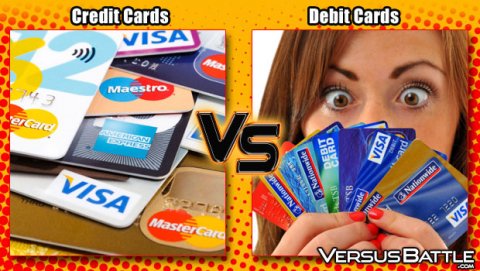The Lebanese market remains highly cash-oriented. Plastic cards have been gradually introduced since the mid-1990s and remain at around 7% of market penetration. Many merchants prefer being paid in cash or even by check. This way, small merchants, even if connected to the network, avoid declaring their real income, save on taxes, and do not have to pay banking fees for each transaction.
It is important to note that each type of plastic card comes with its set of pros and cons. I will just give a brief overview of each type here.
1. Debit cards: directly linked to your account, a debit card will process transactions as long as you have money on said account. This means of payment is convenient when you are purchasing items and do not wish to carry cash on you. Mind you, cash can be counterfeit and some sellers refuse check payments because a check could bounce back at the clearing. Most debit cards if not all have replaced the ATM (Automated Teller Machine) cards and allow the holder to perform various operations without having to enter a branch and regardless of banking hours.
2. Credit cards: connected to the bank providing with the card, the credit card provides its holder with a credit line with no interest to be paid on the amount spent, provided the monthly bills are paid within the monthly cycle. Generally, the cardholder chooses when applying for a card the minimum acceptable to be paid monthly by the institution's policy. The percentage varies between 5 and 20% of the amount spent. To note, cycles vary between 30 to 45 days, so you need to pay attention to those dates! The credit line is revolving and some institutions permit exceeding the provided set limit for a fee.
More on how to keep debt under control here.
3. Charge cards: these cards are credit cards requiring that the holder pays the entire balance spent during the billing cycle at the end of the month. They don't usually have a preset limit. Late payments result in high debtor interests and can affect your credit score. Less flexible than credit cards, they are not very well known in Lebanon. Internationally, they provide top-notch perks and cost more than regular credit cards (read more about the card differences here).
4. Prepaid cards: not linked to any account, these cards allow for the use of the amount of money loaded onto them. They are sometimes called "Internet cards" as many Lebanese remain averse to online purchasing or simply use this method to keep their spending online or otherwise under control.
5. Loyalty cards: usually look like a plastic card but not connected to any bank account, a loyalty card can take the form of a sticker or a keychain fob with a code identifying the customer. These cards are provided by most of the large retail stores. Collecting points grants the holder perks and benefits depending on promotions or programs as advertised by the issuing entity.
To note, there are many other types of plastic cards. They fall under one or more of the aforementioned categories.
Link to cartoon credit versus debit cards.




